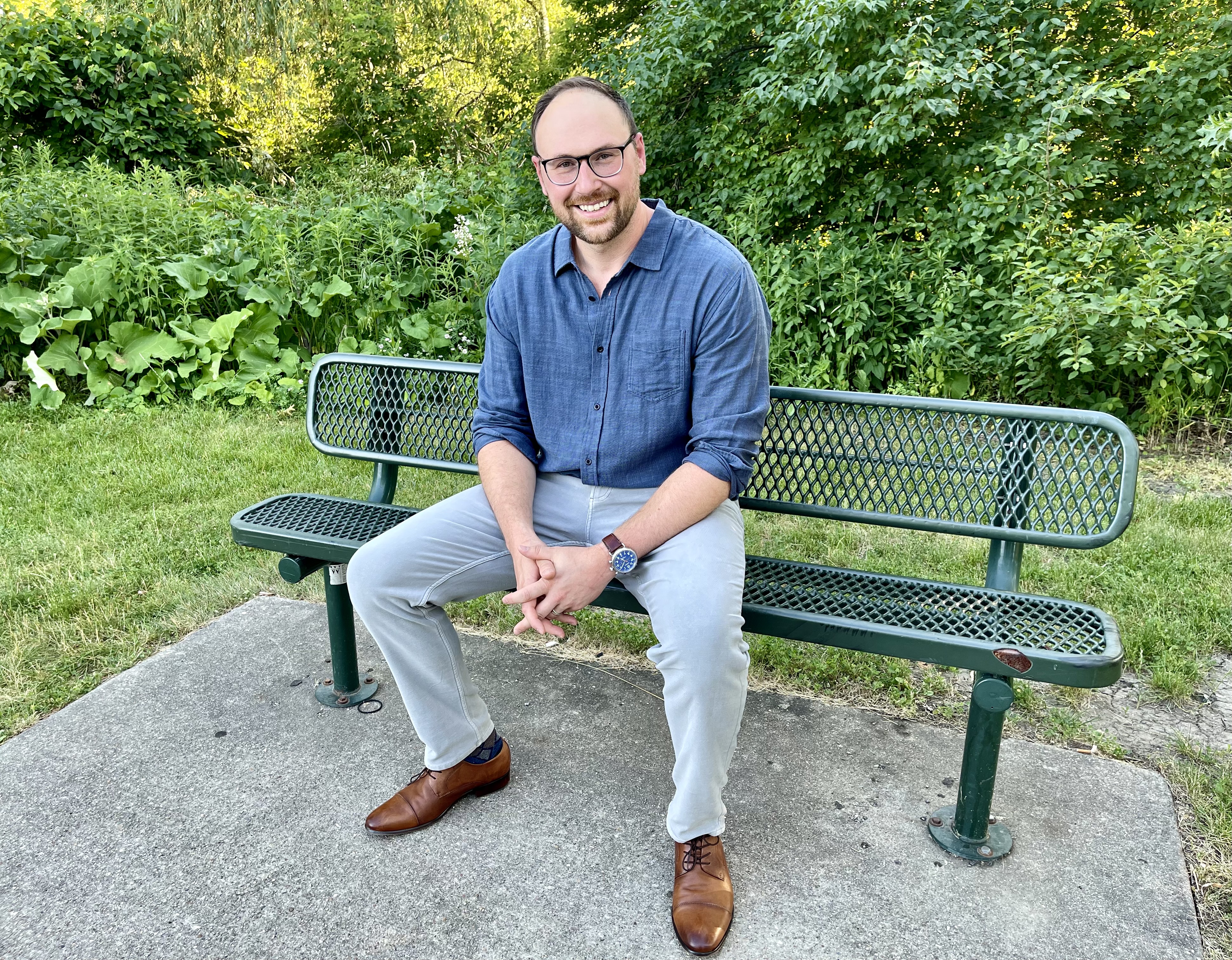
The Skills for Success That Are Missing From Our Education
“The ability to deal with people is as purchasable a commodity as sugar or coffee. And I will pay more for that ability, than any other under the sun.” -John D. Rockefeller
During the early 1900s, Dale Carnegie was becoming a well-known educator and lecturer. He first conducted educational courses in public speaking, but soon realized his students needed much more; they required a comprehensive lesson in basic interpersonal skills.
He set out to find there was a stark difference between the skills we traditionally teach students in preparation for a successful career, and the skills research was confirming to be much more reliable predictors of personal and professional success.
Dale would eventually become an expert on the topic. Eventually helping others reach new levels of success by teaching his newfound understanding of effective interpersonal skills. In 1936, he published How to Win Friends and Influence People. It has since become one of the best selling books of all time.
We are now 80 years removed from Carnegie’s publication with little to no progress. There continues to be a lack of appreciation for a set of skills that are now known as soft skills. They are the attitudes, behaviors, and personality traits that follow us into our careers, first dates, or grocery check out line. Listed below are commonly referenced soft skills:
- Emotional intelligence
- Interpersonal communicative skills
- Creativity and self-confidence
- Critical thinking
- Listening skills
- Reliability
- Discipline
- The ability to cope with uncertainty
- The ability to work under pressure
- Time management skills
- Adaptability
They can be vague, intangible, and subtle, further adding to their lack of recognition. However, their importance is undeniable. When considering the professional realm, research conducted during the days of Daniel Carnegie has been confirmed by recent studies. Soft skills end up being much more desirable for employers, and are a better predictor of long-term job success with some studies showing up to 75%-85% more importance than hard skills (such as technical knowledge).
An employer would much rather hire someone that can communicate effectively, displays enthusiasm and leadership, and can build positive relationships with potential clients and coworkers. This is especially relevant in today’s competitive job market where there are plenty of applicants with the same set of hard skills.
Soft skills will not only boost your employability, but will positively impact your personal life. I cannot think of anything more relevant than in the arena of romance. Whether it comes to a first date or interacting with a spouse of 40 years, our soft skills can be the difference in a thriving relationship or coming home to divorce papers.
Couples with qualities such as conscientiousness, emotional intelligence, and the ability to successfully communicate their needs will be well equipped to meet the inevitable challenges of a relationship. Even the use of something as simple as ‘I’ statements could defuse the nightly argument about the paper towel holder.
The good news is we can work on our soft skills at any age. Since our education may not address these skills in the classroom, we must intentionally work on them in the “real world”. Self-reflection, or asking a trusted friend or colleague could assist us in identifying the skills that may need the most attention.
We can then implement strategies for working on the specific skill. Perhaps someone would like to work on their active listening. A simple strategy would be to pick a time to eliminate all distractions, focus only on what’s being communicated, and offer a few hints to the speaker that you’ve heard what was said. The trick is to put these skills in action; learning about them will only do so much.
Although soft skills have been recently getting more attention, our schooling doesn’t reflect this shift. The typical college student will learn the fundamental hard skills needed for their profession, but with a lack of formal training on the skills that will probably determine if they sink or swim after graduation. Even when some of these skills could be developed with classmates, isolating online courses are becoming more common, albeit at what expense?
John Dewey once said, “Education is preparation for life,” but it may be time to reflect on what we value in education, and give soft skills the respect they deserve.
Adam Lencioni is a licensed mental health counselor empowering individuals and couples to overcome their personal obstacles and create flourishing, satisfying lives. He currently practices at CFC Therapy Group in Chicago, IL. Contact him at adam@cfctherapy.com.


Write a Comment